If you are someone who has been fussing over a twitchy eye, constant fatigue, numbness in your hands and feet, poor memory, and loss of appetite, among other things, then you ought to get your vitamin B12 levels checked. Vitamin B12 is an important micronutrient that your body requires from time to time but cannot produce on its own. This is why you must consume foods or dietary supplements that are rich in this powerhouse nutrient. That said, let us try to understand in detail what is Vitamin B12 and why it is important for the body.
What is Vitamin B12?
Also known as cobalamin, vitamin B12 is a water-soluble vitamin that plays an important role in keeping the body’s nerve and blood cells healthy. Additionally, it helps make DNA, which is the genetic material in all cells. Ideally, the recommended daily intake of vitamin b12 for people is 2.4 mg, however, it could be higher for pregnant or breastfeeding women.
There are many ways in which vitamin B12 can benefit your health, from improving energy levels and boosting memory to reducing the risk of heart ailments. Let’s look at some of these benefits below.
Benefits of Vitamin B12
Many people wonder, “Is B12 important or not.” To answer that question, let us give you the benefits of this crucial vitamin.
- It helps prevent a type of anemia known as megaloblastic anemia that makes people tired and weak. In this condition, your body lacks sufficient red blood cells to transport oxygen to all the important organs in your body, which causes symptoms of fatigue.
- This essential nutrient also aids in cell production, promoting healthy skin, hair, and nails. A deficiency of this vitamin can cause numerous dermatological problems such as greying hair, hyperpigmentation, vitiligo (loss of skin colour) and the like.
- Additionally, vitamin B12 helps with a healthy pregnancy as it plays an important role in the brain and neural development of the foetus.
- An adequate intake of this nutrient helps maintain bone health and prevents osteoporosis.
- Vitamin B12 also reduces the risk of macular degeneration, an age-related eye disease that causes severe, permanent vision loss.
- Vitamin B12 deficiency can cause brain atrophy, which is the loss of neurons in the brain – a condition that can lead to memory loss and the development of dementia with age. Thus an adequate amount of vitamin B12 can help maintain sound cognitive function.
- Healthy levels of vitamin B12 in the body will ensure that you have adequate amino acid homocysteine levels, which will further help maintain a healthy heart.
These foods contain a lot of vitamin B12
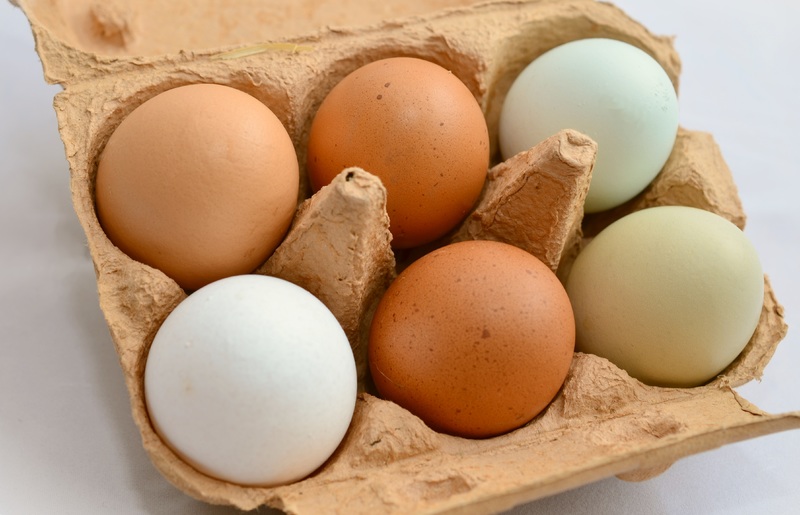
You might have read about the dangers of a vitamin B12 deficiency before. It’s something that vegetarians and vegans have to pay attention to especially. But what exactly are the benefits of B12? And what kind of food products contain a lot of it? If you have a deficiency, you can take B12 supplements, but in the long run, a varied diet will keep up your B12 levels.
Do you eat enough of these foods?
Health benefits
The human body isn’t capable of making vitamin B12 itself. Yet it’s an essential vitamin for us because it contributes to the creation of red blood cells and the function of our nerve cells. People with a B12 deficiency run a higher risk of getting anemia because their red blood cells are underdeveloped. Pregnant women have to be extra careful with a B12 deficiency because it can cause serious birth defects.
Vitamin B12
Another health benefit you get from B12 is that it strengthens your bones and prevents osteoporosis. It’s also good for your overall mood; people with a B12 deficiency often feel down. It also supports your brain and it’s good for your memory. It gives you energy and it supports the growth and health of your skin, hair, and nails.
Food
So, what foods will provide you with this all-around great vitamin? The recommended daily allowance of vitamin B12 is 2.4 grams. We’ve made a list of all dietary sources for vitamin B12:
Ricotta
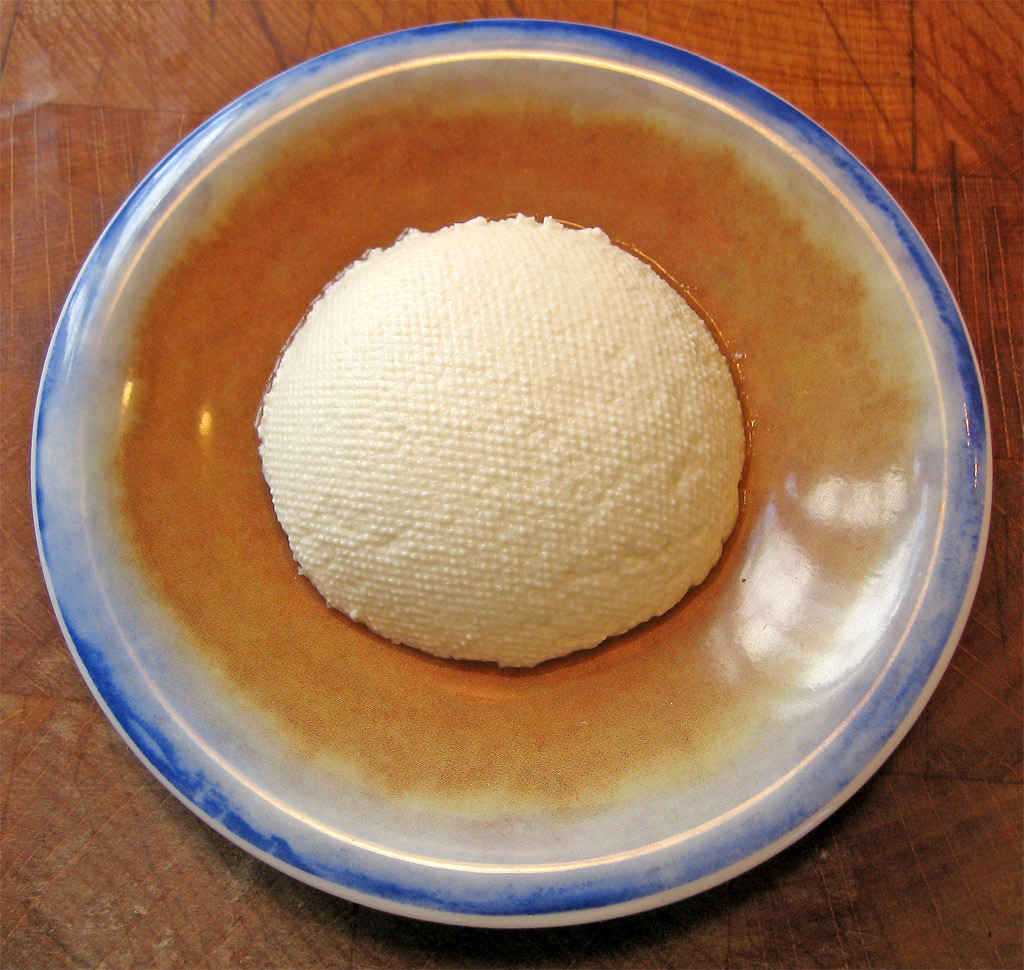
Ricotta is full of calcium, vitamin A and B12. With a few tablespoons of ricotta, you’ll get about 7 percent of your daily allowance.
Mozzarella
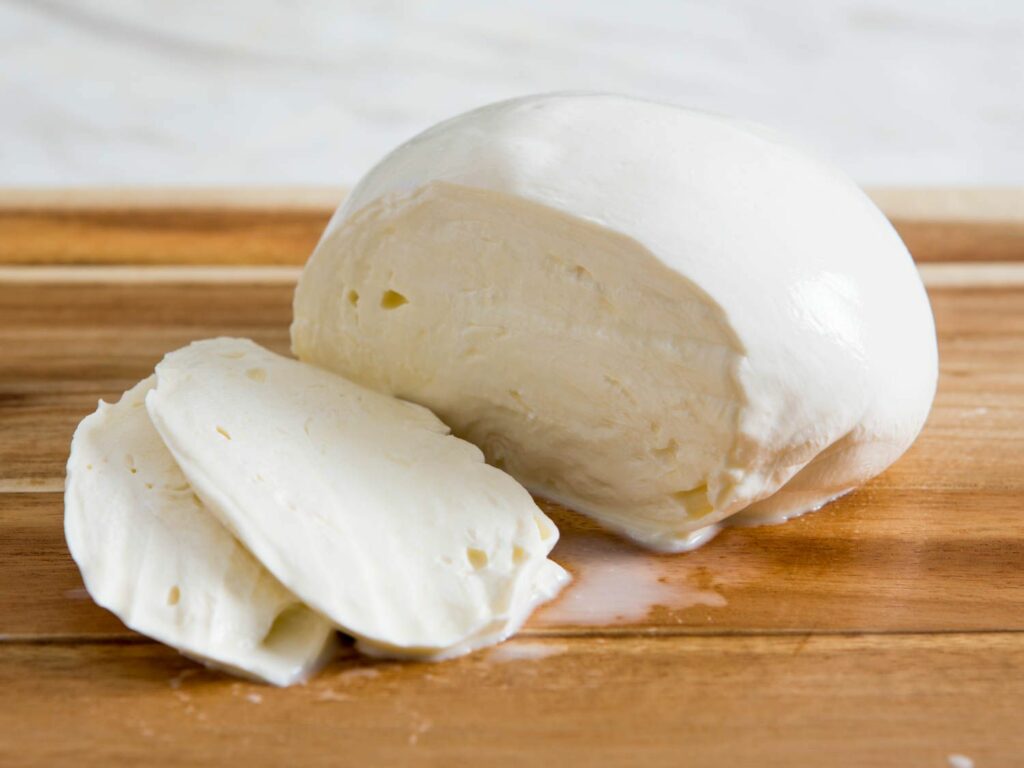
This delicious cheese isn’t fat and it’s full of proteins and vitamin B12. Add some mozzarella to your salad or put some of it on your sandwich to get some extra B12.
Cottage cheese
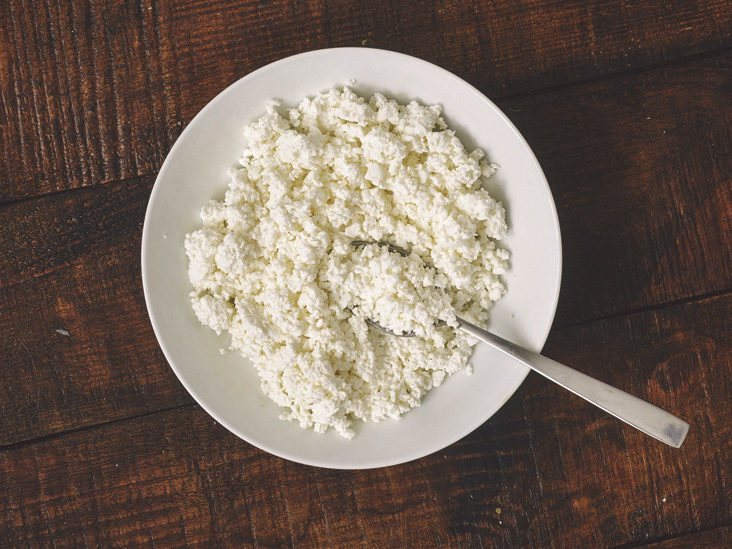
This is a healthier alternative to ricotta. This powerhouse also contains vitamin B12 and a lot of protein, but not too many calories. So, you’re fine adding some of this cheese to your sandwich. Another good option is to use it instead of cream or creme fraiche.
Milk
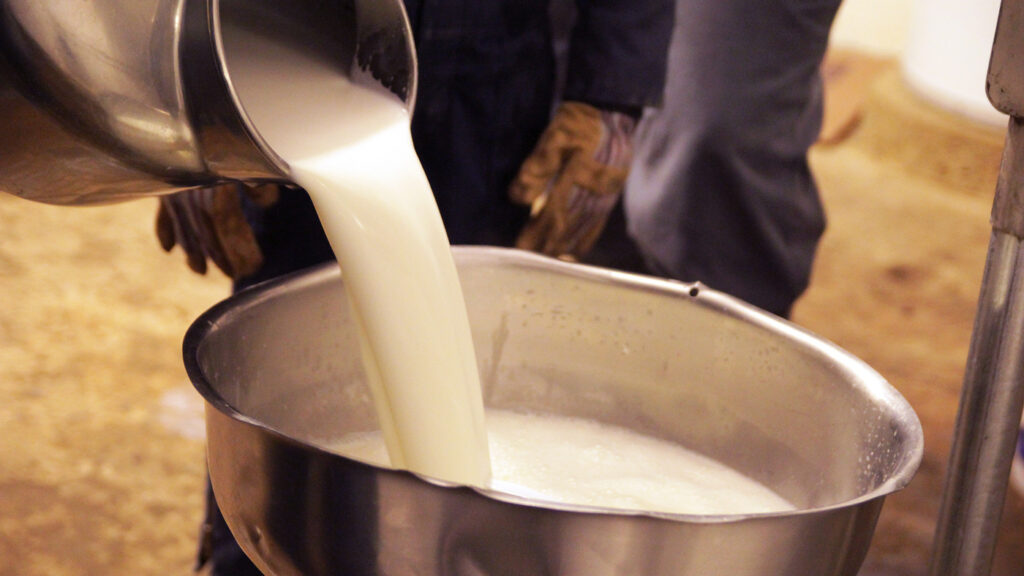
One glass of milk contains 20 percent of your recommended daily allowance of B12. Go for skimmed or semi-skimmed milk; this contains the same amount of B12 and proteins, but less fat.
Eggs
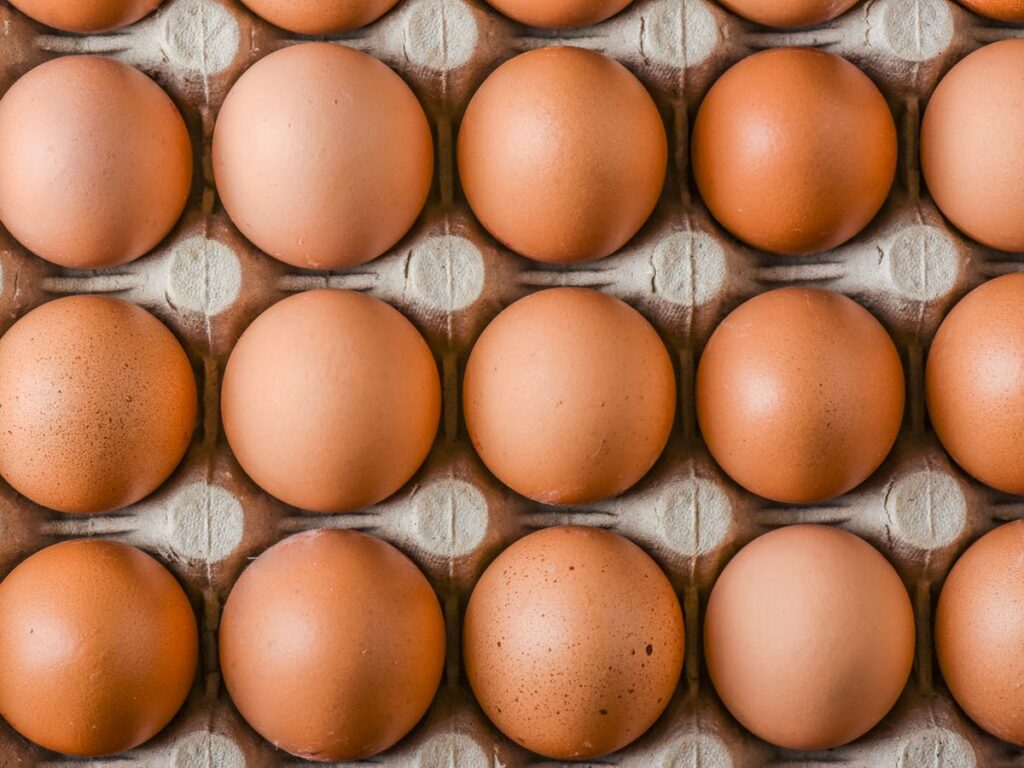
For vegetarians, eggs are one of the most important sources of B12. Boiled or fried, on toast or through a salad: one egg provides you with enough B12 for the entire day.
Want to know what other types of foods contain a lot of vitamin B12? Keep reading on the next page!







